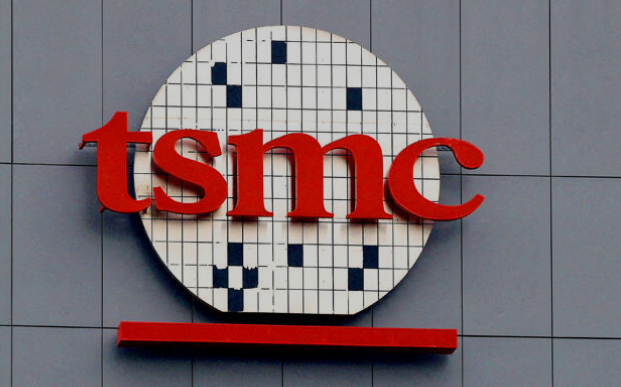DRESDEN – The announcement by the Taiwanese semiconductor manufacturer TSMC to establish a state-of-the-art chip factory in Dresden marks a turning point for the German and European technology landscape. With a planned investment of ten billion euros and the creation of about 2,000 direct jobs, TSMC is making a strong statement of confidence in Germany as a location and the strategic importance of Europe in the global semiconductor industry.
The new factory, which is being established as part of a joint venture with Infineon, Bosch, and NXP Semiconductors, will not only invigorate the local economy but also help reduce Europe’s dependence on Asian and American semiconductor deliveries.
The federal government is supporting this project with a subsidy of five billion euros, which constitutes half of the total costs. This decision underscores the importance of the semiconductor sector to the German economy and European sovereignty. The investments in the new TSMC factory are a clear commitment to strengthening supply chains and promoting innovation in the field of microelectronics.
The Dresden factory will be based on TSMC’s advanced 28/22 nanometer planar CMOS and 16/12 nanometer FinFET process technologies, which will enhance Europe’s competitiveness and technological leadership in semiconductor manufacturing. With a monthly production capacity of 40,000 300mm wafers, the facility will play a key role in supplying the rapidly growing European automotive and industrial sectors.
TSMC’s decision to establish itself in Dresden is also a testament to the attractiveness of Germany as a location. Dresden, often referred to as “Silicon Saxony,” has already established itself as Europe’s leading cluster in chip production, with one-third of all semiconductors produced in Europe originating from this region. TSMC’s presence will further strengthen this cluster and enhance the region’s innovative power.
The new factory will not only change the technological landscape but will also introduce sustainable and environmentally friendly production methods. TSMC and its partners have committed to building a “green factory” that includes energy-efficient construction, water reclamation, and LEED certification. This aligns with TSMC’s standards for sustainability and environmental protection, demonstrating that economic development and ecological responsibility can go hand in hand.
In summary, TSMC’s commitment to Germany is much more than just a financial investment. It is a pledge to innovation, sustainability, and the strategic importance of Europe in the semiconductor industry. With the groundbreaking in August 2024, a new chapter in the history of German microelectronics begins, which will strengthen the region and Europe as a whole and lead them into a secure technological future. (hz)

